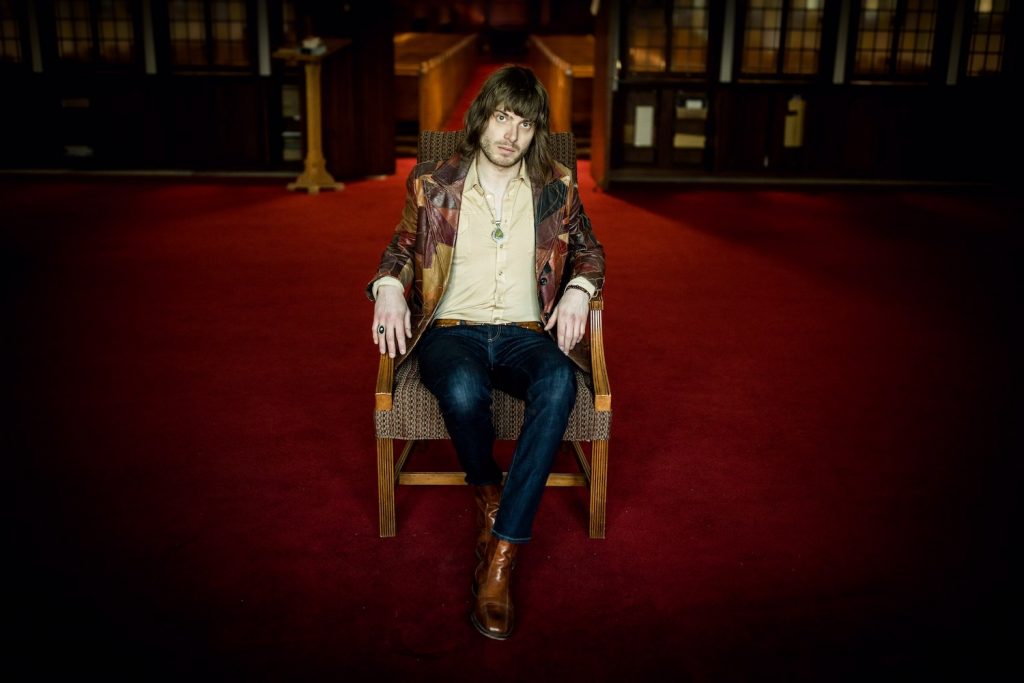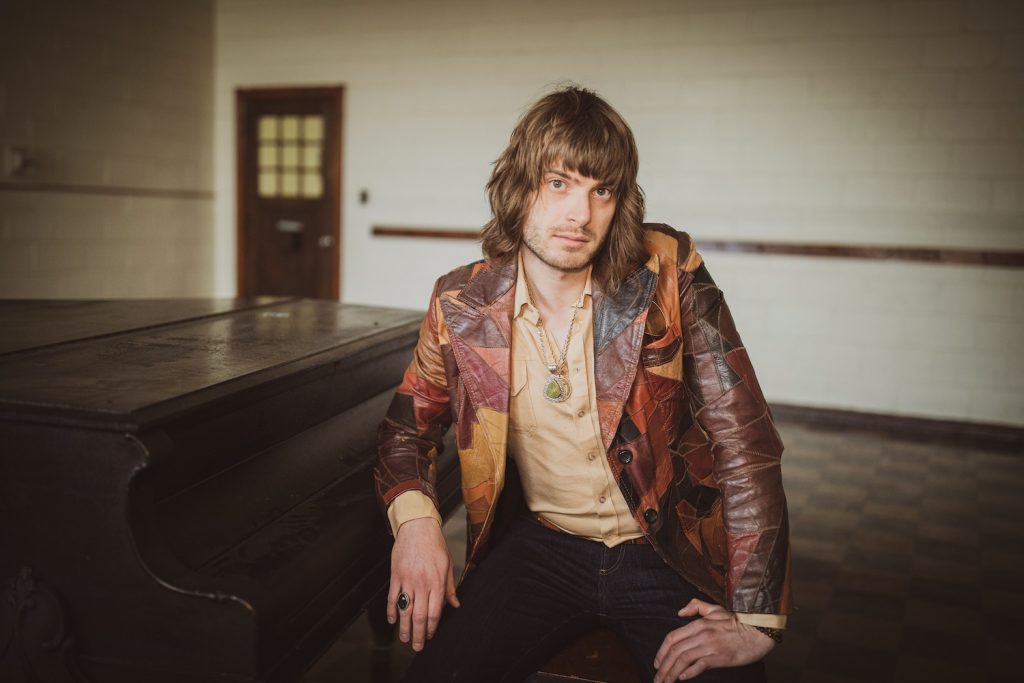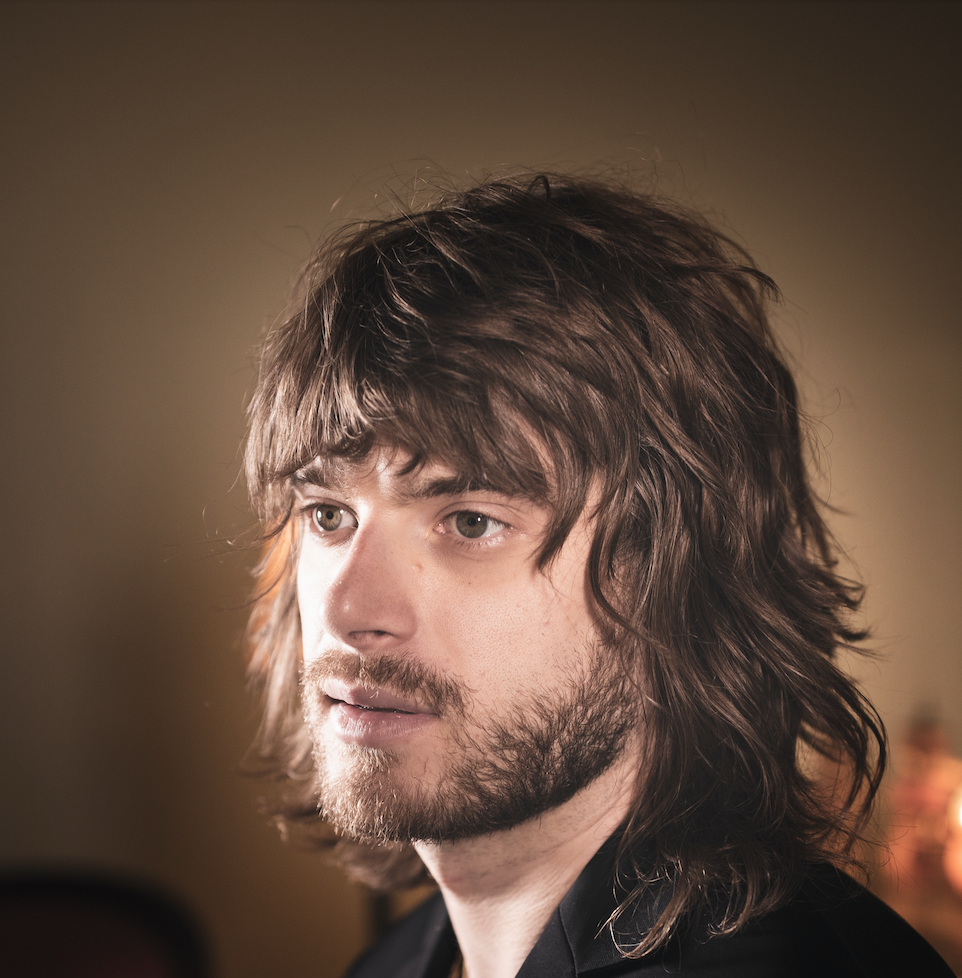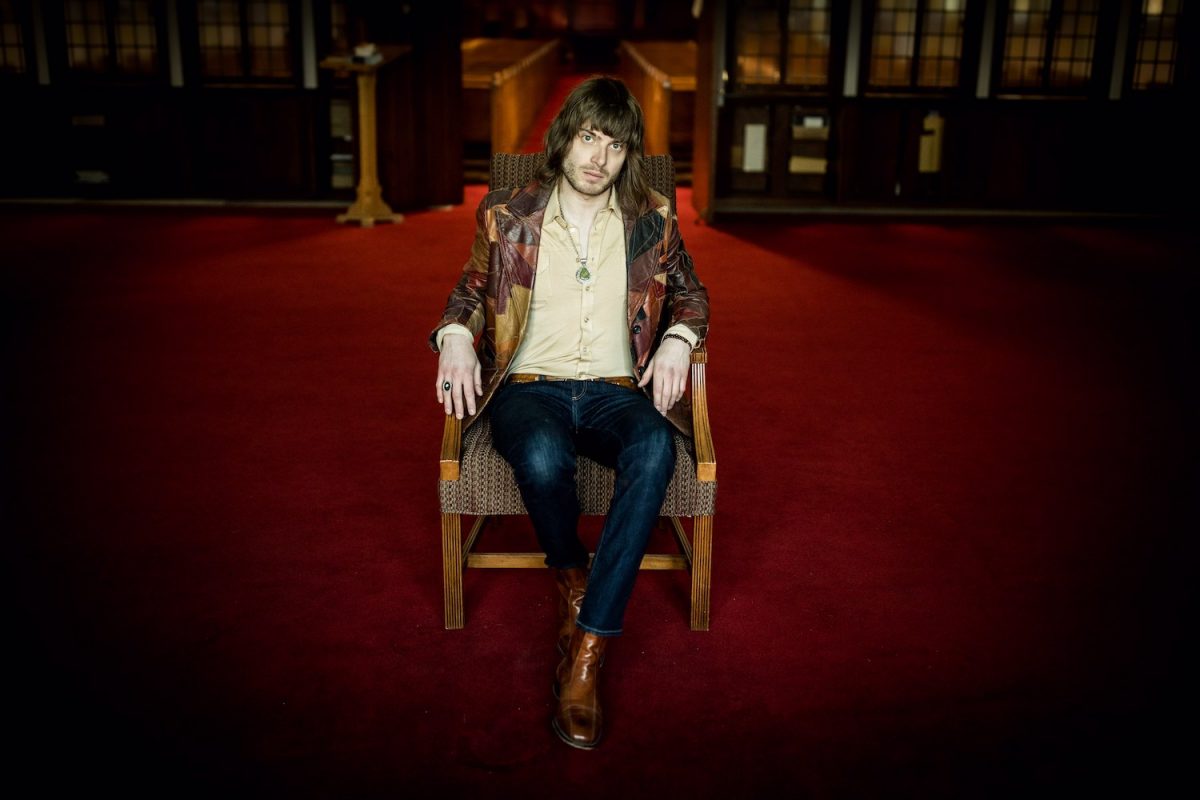
In Plain Sight (ATO) is a dizzying composite of all that’s great about ’70s radio—and in the hands of Neal Francis, it all sounds so, well, current. Where Changes, the Chicago native’s 2019 debut, favored Crescent City R&B, MAGNET’s Singer/Songwriter Album Of The Year is all over the place. But it’s grounded in the unique melodic sensibility that accompanies Francis’ fluid approach to the piano, which he twists to suit his creative whims. Recording In Plain Sight entirely to tape, Francis and his crack band lock into a limber groove that turns flat-out funky in the album’s latter stages. He achieved the dense, almost tactile vibe with an array of analog synths, many of them borrowed from friends. Changes producer Sergio Rios (CeeLo Green, Alicia Keys) returns for In Plain Sight, which was mixed by the venerable Dave Fridmann (Flaming Lips, HAIM, Tame Impala).
Drawn to the piano at age four, Francis was a prodigy of sorts, sitting in with various Chicago blues acts as a teen. He later helmed the Heard, a well-received instrumental funk outfit, before addiction sidelined him. Changes deals frankly with those struggles, which culminated in a near-deadly alcohol-induced seizure. Cleaning up his act, Francis has since made music his drug of choice—obviously to our benefit. Here are some the highlights of a recent Zoom chat with Francis from a tour stop in Austin, Texas.
In Plain Sight covers a ton of ground: AOR, funk, prog, disco, R&B, power pop, guy-at-the-piano singer/songwriter, even yacht rock. Did I miss anything?
Little Feat is probably the most listened to by the group in the van lately. I don’t really care how I come off anymore. I’m not afraid to throw in a Freddie King groove with some Elton John shit on top of it. And l like the Kinks, so I maybe throw some of that into the jambalaya, or whatever.
You recorded the album in a church. What was that like?
I was living there starting in October 2019, and we immediately went on tour with Black Pumas for a month. I was sort of month to month there, but it ended up being like two years.

So you lived in the church, too?
It was an active church, and I was the music minister. The parsonage was vacant because the pastor lived elsewhere. I asked if I could live there, and they surprisingly said yes. It was a three-bedroom house attached to the church through a tunnel in the basement. It was fucking rad.
Where are you on the faith spectrum?
I definitely consider myself a spiritual agnostic. Christianity isn’t my bag. I was touched by the kindness of the people at the church, but also aghast at the politics among the people left in the congregation. They built the church in the ’50s, and the congregation has dwindled since then. When I was working there, it was 20 people max. It was like fuckin’ “Eleanor Rigby,” man. The only reason (drummer) Collin (O’Brien) and I had to move out was because they sold the church and dissolved the congregation.
So what was your job as music minister?
They were just singing the hymns, and I was playing piano or organ. At one time, there was the illusion that we were going to start a choir. Then the pandemic hit, and we did continue services, though some of it was on Zoom. During the recording sessions (for In Plain Sight), there were actually a few instances when we’d be up until five or six in the morning, and I’d just stay up until church. I’d record the hymns and bounce them to the vocalist, then prop myself against a wall for the Zoom service. The vocalist would play the hymns on his side and sing over them, and I’d just sit there. It was so weird, man.
What was you emotional state at the time.
I was totally full-blown depressed. The pandemic hit, I wasn’t over this girl I’d broken up with, and I was living in this church. A lot of the songs on In Plain Sight are about loneliness, isolation and existential ennui.

The title of In Plain Sight came from a song that’s not even on the album. Why did you end up scrapping it, and will it ever see the light of day?
It was actually the first song I wrote in the church. It was going to be the last track on the album, but there was a sort of committee decision to put “Say Your Prayers” on the album instead. I sort of liked the idea of doing a Houses Of The Holy move, where the title track isn’t even on the record and makes it onto the next one.
Do you think there’s something distinctive that emerges from music written at the piano?
With piano, you have the entire range of the orchestra at your disposal, so it’s a great arranging tool. Throughout history, keyboard players have been great arrangers—Duke Ellington, Stevie Wonder, Allen Toussaint. I lot of musicians can hear a fully arranged song in their head. But translating that might be more challenging if their instrument of origin is the guitar. On piano, it’s all right in front of you.
Are you comfortable with the virtuoso tag?
I probably have the lowest opinion of my playing then anyone you’ll talk to. I’m grateful for the skills I have, and I’m really focused on being a better pianist. In the church. I had this amazing space with pianos at my disposal. I think I really leveled up as a player there—and my reading chops improved, as well.
You started on the piano at quite a young age. What’s your earliest memory?
Probably learning to play stuff I heard on TV. I remember my mom would show me some things. By the time I was getting lessons, I was already playing. I understood the mechanics of what was happening, which is a whole thing in itself. I took lessons with a wonderful classical teacher for eight years, but I’d been trying to pick up blues piano since I was six. So I started going to this boogie-woogie piano player named Erwin Helfer. He was a great mentor. He taught me about gigs and what they required. Sometimes he cut a mix tapes from the stuff in his massive record collection. He’s in his 80s now, and he still rides his bike to gigs. He’s such a bad-ass.
—Hobart Rowland






